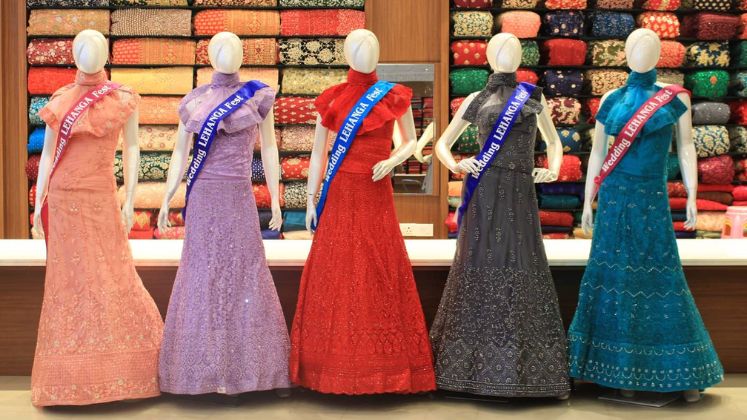
The Clothing Manufacturers Association of India (CMAI) has raised concerns over reports that garments priced above Rs. 2,500 (US $ 28) may be taxed at 18% under the Goods and Services Tax (GST) regime, up from the current 12%. The association said such a move would be detrimental to an industry already struggling with the impact of recently imposed American tariffs.
According to CMAI, if the GST Council maintains Rs. 2,500 (US $ 28) as the cut-off for the 5% slab and raises the rate on higher-priced products to 18%, it would adversely affect the aspiring middle class and the organised garment manufacturing sector. The association argued that many products are priced higher due to raw material costs and the inclusion of artistic handwork, and placing them in the higher tax bracket would negatively impact both manufacturers and consumers.
Woolen garments, which are essential in North, North-East, and East India, typically range from Rs. 3,500 (US $ 40) to Rs. 7,000 (US $ 80). CMAI noted that subjecting these products to 18% GST would make them less affordable for the middle class. Similarly, wedding garments, often priced around Rs. 10,000 (US $ 114) and Rs. 15,000 (US $ 170) and above, and artisan-made clothing, which is already expensive due to labour-intensive processes, would also face significant price pressures under the proposed rate.
The association warned that the move could push parts of the industry back into the informal sector, undermining years of efforts to formalise garment manufacturing. It emphasised that at a time when the sector is facing the fallout of the US tariff war, domestic demand must remain strong to sustain growth and protect livelihoods.
CMAI has appealed to the Prime Minister to intervene, stressing that the garment industry is India’s second-largest employer, providing jobs to more than 12 million people, many of them women and semi-skilled or unskilled workers.






